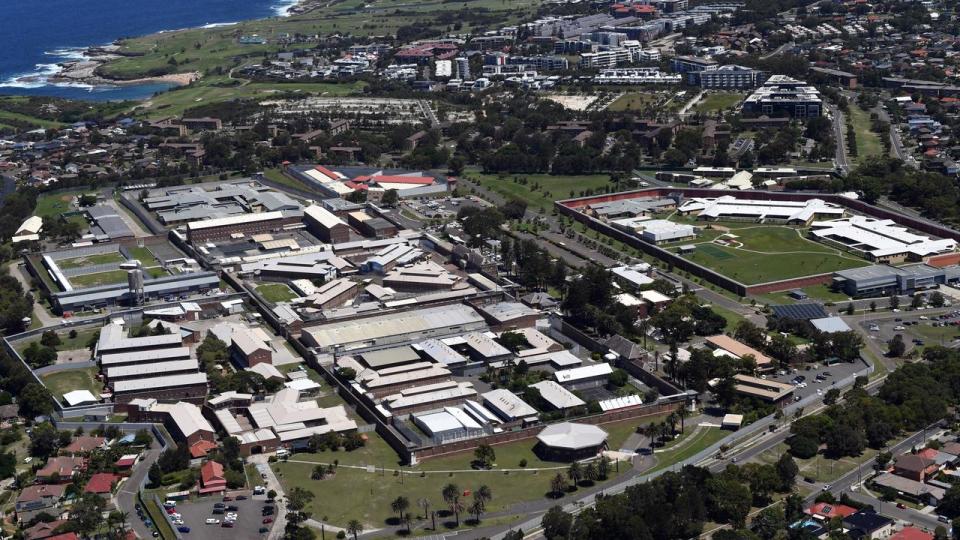Jailed terrorist 'one of society's most vulnerable'
A terror offender who was paralysed from the neck down during an altercation with prison guards is challenging whether later decisions to hold him separate from other inmates were lawful.
Tukiterangi Lawrence is seeking a judicial review of three custodial orders, a move that could ultimately lead to him suing for damages over the removal of his residual liberty.
His lawyer Neal Funnell told a NSW Supreme Court hearing on Wednesday that it was "difficult to conceive of a more vulnerable member of our society" given his tetraplegic condition.
The case was about transparency and accountability in decision-making for the man, he told the court.
Lawrence's vulnerability stemmed from the nature and permanency of his injuries as well as the conditions he continued to face behind bars, Mr Funnell said.
He was sentenced in November to six years behind bars for conspiring to attack corrective services staff as part of a vendetta of "violent jihad".

Lawrence received a non-parole period of four years and six months, making him eligible for release on November 22, 2025.
While on remand for the terror charges in November 2021, he suffered catastrophic spinal injuries during an altercation with prison staff at Goulburn jail's notorious SuperMax facility.
After spending several years as an inpatient at the Prince of Wales Hospital spinal injuries unit, Lawrence's bail was revoked in January 2023 and he was detained at Sydney's Long Bay prison.
In May that year, a protective-custody order was made - later followed by two segregated-custody orders - effectively deeming that he should be detained in isolation from other inmates.
Lawrence launched proceedings challenging the decisions behind the three orders in August, also alleging he received substandard care while detained at Long Bay.
Lawyers for Lawrence are seeking to subpoena a large amount of material relating to the decisions to segregate him, including correspondence between prison staff, a move that was the subject of Wednesday's hearing.
"What information did they in fact have available to them at the time that the decisions were made," Mr Funnell said.
"Were there other factors that might suggest that the decision making was arbitrary or capricious?"
Hannah Ryan, representing the Corrective Services NSW commissioner, said the initial protective-custody order made by the jail's acting governor Glen Piazza was based on legitimate concerns for Lawrence's safety.
She cited one incident when Lawrence had used other inmates to "hoist him out of his bed" as a catalyst for the decision.
Mr Piazza said in an affidavit read to the court that he also held concerns for the safety of other inmates and "good order of the complex".
None of the decisions being challenged still applied to Lawrence's situation in jail, Ms Ryan noted.
"He's not in protective or segregated custody at the moment," she said.
A decision over the subpoena matter has been reserved.


